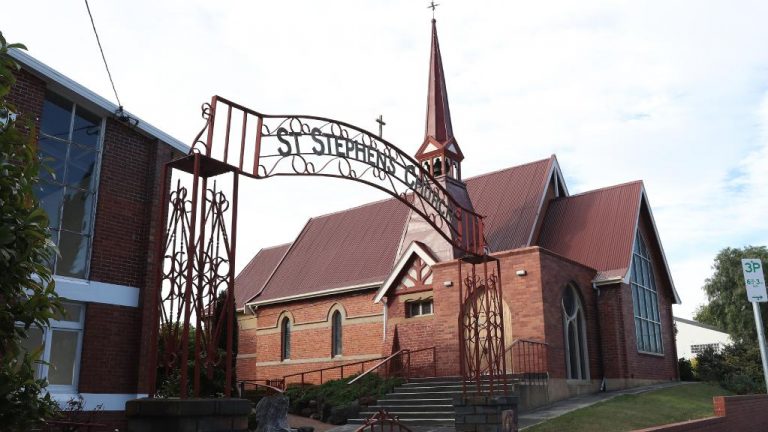Mystery benefactor may ‘rescue’ Tasmania’s churches

Tasmania’s Anglican community may have a new “guardian angel” in the form of a wealthy mainland benefactor who is interested in buying all the churches about to hit the market as a bulk lot.
The potential buyer has already indicated the driving force behind his mass church acquisition is to keep them as places of worship.
“It is very early days, but yes, I have had an inquiry from someone looking to purchase all the Tasmanian churches which might go on the market and then gifting them to the community,” Andrew Hills from PRDnationwide at New Norfolk says.
Commercial Insights: Subscribe to receive the latest news and updates
“I have also had a call from someone in Sydney who is interested in picking up a ‘few’ Tasmanian churches.
“It is hard at this early stage to estimate how much a bulk lot of churches would cost but they are not great earners because basically you are buying an empty space.”
Hills has sold many churches during his career, of various faiths, including ones at Kempton, Parratah and Tunnack.

St Stephen’s on Sandy Bay Rd is one of the Anglican Church’s properties that’s been earmarked for sale. Picture: Luke Bowden.
The prices secured have ranged from $75,000 to just under $300,000.
Based on that lowest figure, a potential buyer looking to snap up all of the about 70 churches expected to be slated for sale, would need to outlay more than $5.2 million.
The Anglican Church Synod, which is made up of 159 people – 57 clergy and 102 laity – will meet in Launceston on Saturday to draw up the formal list of which buildings will go on the market to raise $8 million to fund its redress commitment.
Parishes can then appeal to the Diocese and argue why their church should not be sold before a final list is released in December and the for sale signs go up.
Real Estate Institute of Tasmania president Tony Collidge says buying a church to repurpose as a home or a business needs to be carefully researched due to zoning and heritage complications and sometimes maintenance issues.
“Churches are zoned as community meeting places and anyone buying a church would have to have apply for rezoning,” Collidge says.
“Things can get even more tricky if the building is on the heritage list because that can limit what can be done to the building.

The former St Luke’s Church at Judbury has sold at auction for $107,000 as part of the Anglican Church’s asset sale. Picture: David Killick.
“While the churches themselves can sell quite cheaply you are basically paying for the land because the cost of renovating the building to a different use is significant.”
The Mercury asked the Tasmanian Diocese of the Anglican Church to provide a list of its commercial property portfolio but received no response.
Questions are being asked among parishioners and the broader community about why these commercial properties have been quarantined from sale, while much-loved community churches are being targeted.
It is understood the church owns 14 commercial properties across the State including a carpark from which it generates income in Murray St, Hobart, and a motel and service station in Burnie.
Bishop Richard Condie told the media the commercial properties were not being considered for sale because they generated income.
This article from The Mercury originally appeared as “Rescue hope for churches as buyer offers to answer community prayers”.







